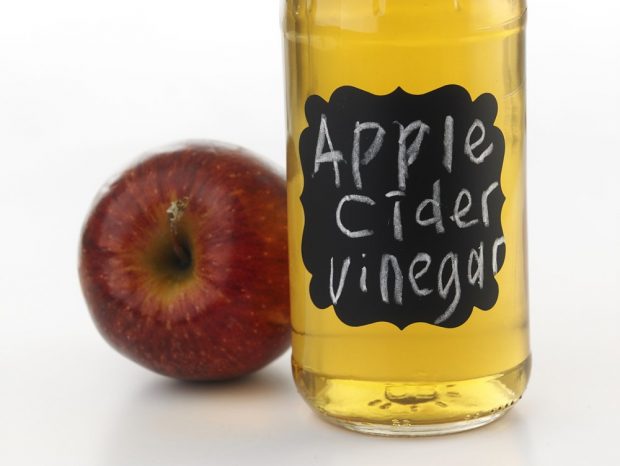According to Suzanne Judd, Ph.D., associate professor in the Department of Biostatistics at the University of Alabama in Birmingham, the key to eating for wellness is not necessarily what foods to consume, but rather how and when we eat them.
There’s no clear right or wrong. It’s often a question of personal preference and individual body chemistry. Food has an impact on how a person feels, sleep, and interacts with others. Excessive food consumption can lead to weight gain, which is linked to cancer, cardiovascular disease, and impaired physical function.
The role of diet, inflammation, and health
Diet can have an impact on how patients with chronic illnesses feel. It’s critical to feed the body in a way that maximizes your health, and the difficult part, she adds, is developing the perfect diet for your body’s and mind’s demands.
According to Judd, many of the body’s chronic disorders are caused by inflammation, which is a catch-all word for an overactive immune system or an immune system that responds when there is no infection to fight.
“Because the gut contains one-third of the body’s immune system (large intestine, small intestine, and stomach), what we eat is strongly linked to the amount of daily immunological response, or inflammation, the body produces,” Judd explained.
Clean eating
Diets such as the Whole30, a month-long clean-eating diet, and Paleo, which strives to emulate what our ancestors ate, serve to minimize the amount of pro-inflammatory items the stomach has to handle, leading to reduced levels of inflammation, she claims.
These diets stress complete, uncomplicated foods that feed the body, and they encourage the consumption of vegetables, meat, fish, nuts, seeds, and certain fruits while avoiding grains, sugar, alcohol, and dairy.
However, for many people, diets like this are difficult to stick to.
One effective alternative is to take breaks from a normal diet and follow the theories underlying these diets to reduce the body’s inflammatory burden frequently. It’s a terrific way to relax your gut and body while still enjoying some of your favorite foods, according to Judd. She suggests the 90:10 rule is another possibility.

Photo by Louis Hansel on Unsplash
Eating for hunger rather than emotion
When it comes to the finest meals to consume for well-being in general, Judd proposes that individuals start with fruits and vegetables and fill up on them halfway before moving on to meats and fats.
After determining the genuine foods you love eating, make it a point to consume them as your daily fruit/vegetable/meat/grain/nut/seed. This ensures that the body gets the nice nourishment it desires.
Eating for hunger rather than emotion is also an important first step in understanding what the body requires; true hunger is felt on a physical level, generally in the neck, she explains.
Here are 8 eating guidelines for better health
1. Eat breakfast
You should pay special attention to eating breakfast, which to most is the most important meal of the day. You can try the keto diet breakfast and track your body, emotions, and health in general.
2. Include these everyday
Every day, consume some healthy fat, such as avocado, walnuts, almonds, other nuts, olives, chia seeds, olive oil, grapeseed oil, or canola oil.
“Aim for four servings of fat every day, dependent on hunger.” A palmful, not a handful, of walnuts or cashews will help stave off midday hunger.”
3. Choose high-protein sources of food
Look for a high-protein source. Lentils, beans, seeds, fish, and meat, according to Judd, are all acceptable. Your protein source should be based on your preferences.
“I once ate fish every day for a week to be ‘healthier,’ and I was so sad that I binge-ate three large cookies.”
There’s no need to make oneself unhappy. Try to establish a balance between what tastes good and what stops you from feeling hungry.”
4. Exercise
Use physical exercise to make you feel better, not to lose weight.
“If you haven’t eaten in three hours and still feel fatigued or unsteady, take a brief walk outside or up and down stairs.”
5. Use an app to help you with compliance
Download a calorie-tracking app to help you understand how much you consume daily to help you manage your eating habits better. Judd recommends MyFitnessPal.
6. Add vitamin D to your diet
Consider adding vitamin D to your diet, 2,000-4,000 IUs in the summer and 4,000-8,000 IUs in the winter.
“First, consult your doctor to see whether you need extra owing to vitamin D insufficiency.”
7. Add Apple Cider Vinegar
Apple cider vinegar is high in probiotics, which, together with what you consume, can alter the flora in your stomach. When I’m feeling tired, I supplement my diet with B12 and fish oil. Supplements are beneficial, but should not be used as the primary source of vitamins and minerals. You want them to come first from your diet.”
 8. Consult an expert
8. Consult an expert
Consult a dietician if you are unsure about how to approach your eating challenges. Ask a friend, coworker, or your doctor for recommendations, or look for one online.
“The internet is a fantastic source of knowledge; however, don’t get too caught up in the minutiae, and be skeptical of anybody who claims to have the ‘cure’ for obesity or the solution’ for belly fat.”
Closing remarks
“Developing and sustaining a healthy relationship with food is a lifetime endeavor, not a race to the finish line,” Judd explained. “However, once you get started, it’s a downhill race that becomes easier by the day.”



 8. Consult an expert
8. Consult an expert![women [longevity live]](https://longevitylive.com/wp-content/uploads/2020/01/photo-of-women-walking-down-the-street-1116984-100x100.jpg)










